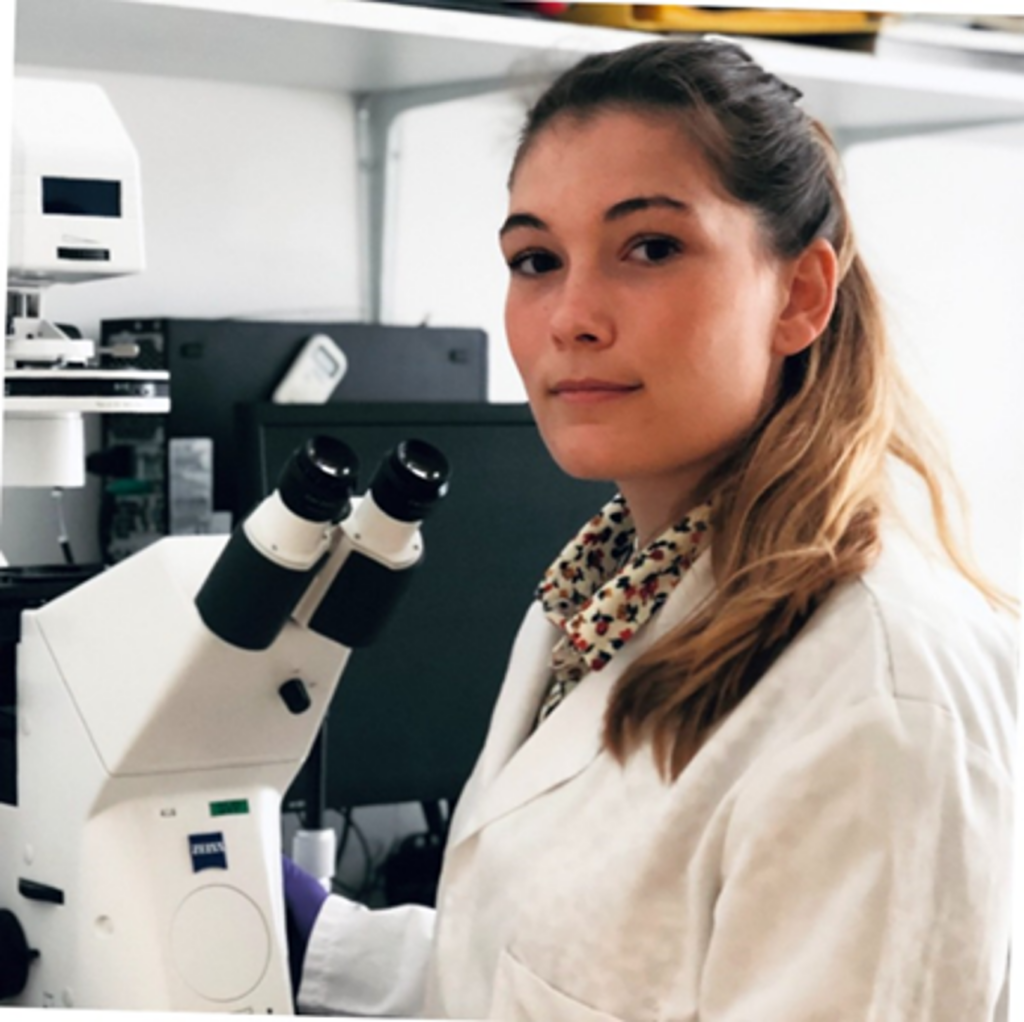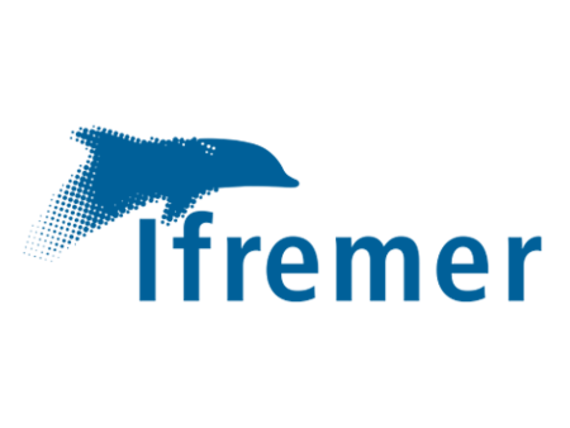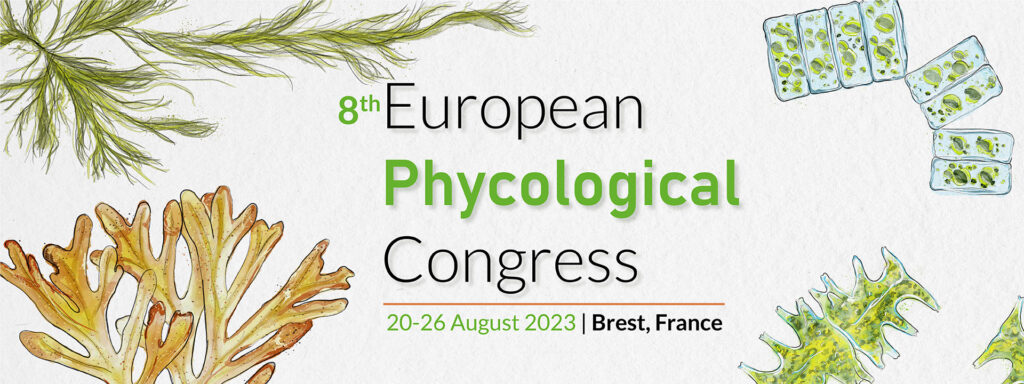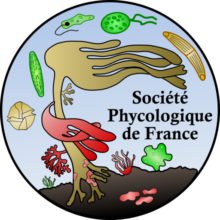

I have always been attracted and fascinated by the ocean, observing, admiring, and exploring it. In high school, the idea of becoming an oceanographer struck me, and it stuck with me ever since. So I did an MSc in Oceanography in Belgium, which led to this Ph.D. thesis that I’m currently working on. I am now a Ph.D. candidate at IFREMER, in Nantes and I am currently working in marine biology. My research focuses on the in-depth study of the mechanisms underlying mixotrophy in harmful microalgae. More specifically, I am working on understanding the physiology of Prymnesium parvum, its trophic mode, growth, and toxin (prymnesins) production in order to determine the selective forces that lead to the formation of these toxic blooms. I’m fascinated by my research, which has only just started, and my curiosity is growing by the day. I’m convinced that we need more than ever to increase our knowledge of the oceans and how it works, which is why I take part in many conferences to present my results and exchange ideas with brilliant scientists on all ocean-related subjects.
I’m very proud of having been selected for a SPF grant, which enabled me to present the progress of my research at the 8th European Phycological Congress (EPC8) in Brest (21-26 August 2023).

Prymnesium parvum, a bloom-forming haptophyte that use toxins to mediate food uptake, especially under P-limitation
